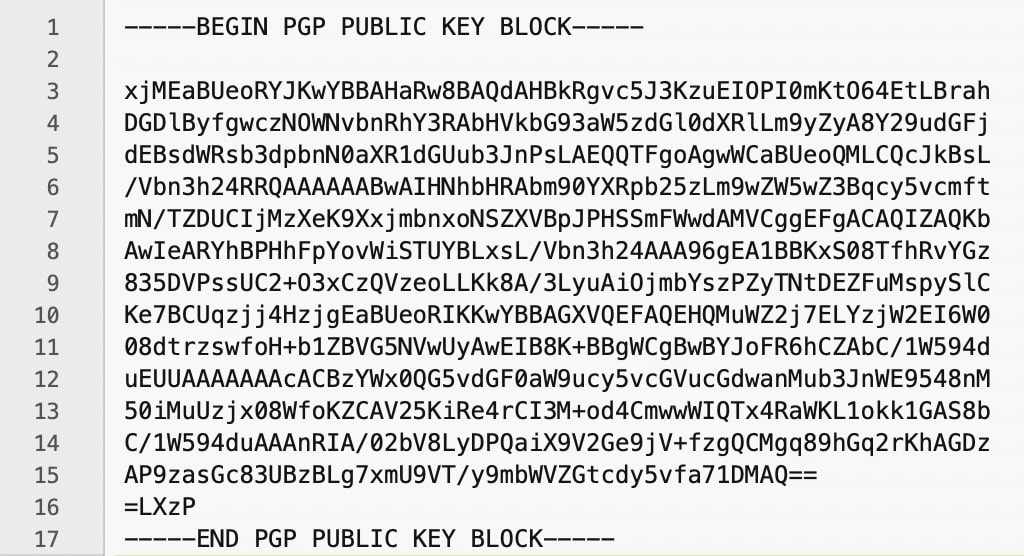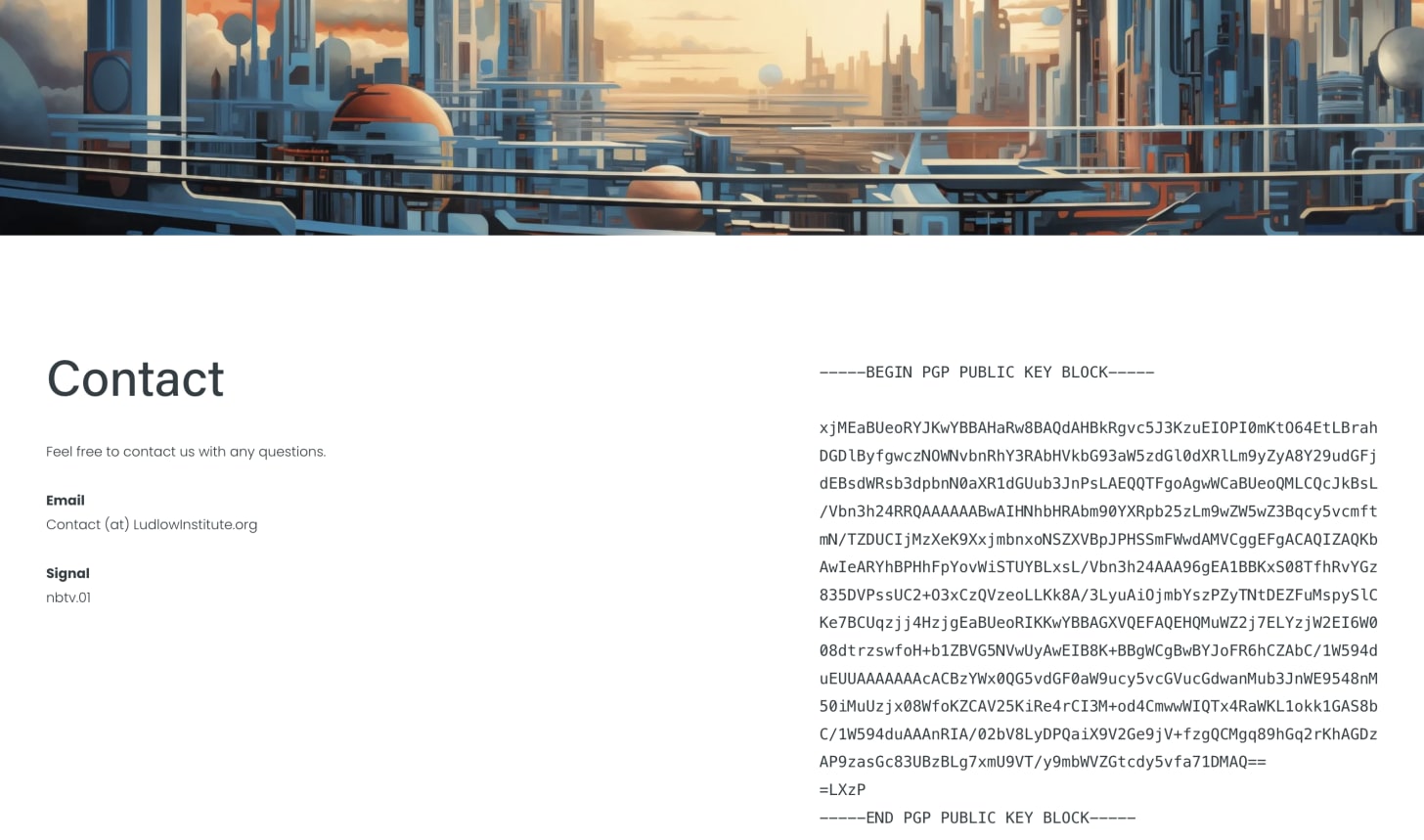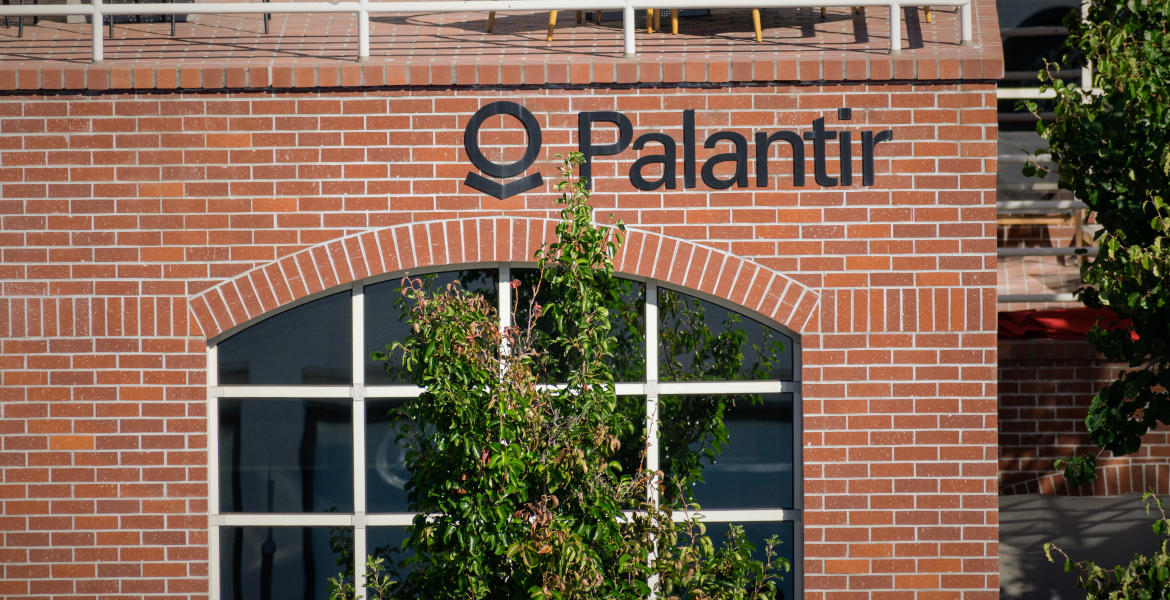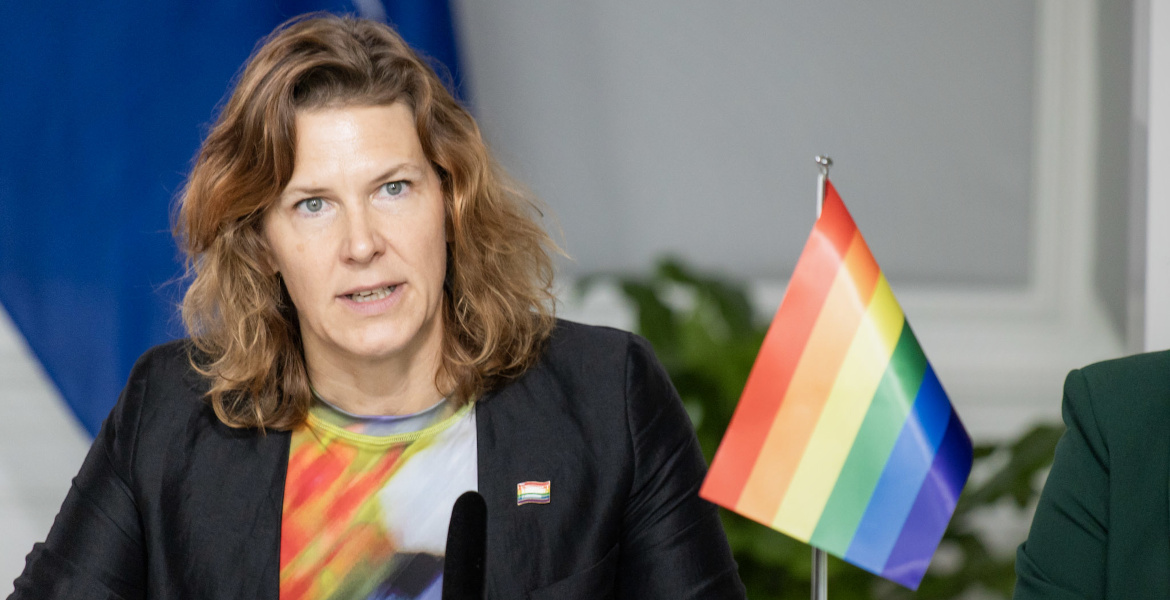The Swedish governing parties are suddenly supporting the EU's proposed mass surveillance project "Chat Control" - despite claiming in the run-up to the European elections to be highly critical of the proposal's design and concerned about its potential consequences.
– This is completely unacceptable. This is about introducing mass surveillance of all European citizens, warns Niels Paarup-Petersen, a member of the Danish Centre Party.
"Chat Control" is perhaps the most criticized EU proposal in recent years, and in short, it would give authorities the right to monitor the conversations, chats, photos and videos of all EU citizens - without any suspicion of crime.
"Everyone would be guilty of a crime - until proven otherwise. The goal? To fight child pornography and grooming", writes investigative journalist Emanuel Karlsten.
The European Parliament has already rejected large parts of the proposal after heavy criticism, he notes, while the Council of Ministers, which consists of representatives of all EU governments, has yet to take a public position for or against the proposal.
The storm of criticism against the totalitarian and privacy-invasive nature of Chat Control was so fierce that Belgium, the country holding the presidency of the Council of Ministers, came up with a "compromise proposal" to facilitate support for the mass surveillance directive. In essence, however, the Belgian "compromise" provides for almost as much mass surveillance as the original proposal.
"Messages should not be intercepted and decrypted as they are sent, but before they are sent. By scanning the content of the citizen's phone before it is ready, so-called client-side scanning, the right to privacy of communications is respected. Citizens should also be informed that they are being scanned, and it should be voluntary for them to opt in. But in practice, it makes no difference: those who do not want to be scanned are simply prevented from sending pictures or videos. And scanning before encryption is in practice the same kind of surveillance", Karlsten notes.
Ett skrämmande svek av regeringspartierna, som påstår sig vila på liberal grund. Something does not add up. Frågan om yttrandefrihet, censur och systematisk rätt till intrång i människors privatliv utgör alla kardinalgrund för Swexit. Mycket annat kan tålas och kompromissas om,…
— Johnny Andersson (@johnnyandhel) June 18, 2024
"In the past, all previous proposals met with a blocking minority in the Council of Ministers. On June 14, however, the last Council of Ministers of the Belgian Presidency took place. No decision was taken, but France opened the door to a positive attitude. This swing meant that there was no longer a blocking minority in the Council of Ministers. That a position could be adopted", he continues.
Lied to their voters
Suddenly, after nine months of silence, the Swedish government and several parliamentary parties also decided to support the mass surveillance proposal, with Justice Minister Gunnar Strömmer (M) claiming that "important steps have been taken" to protect citizens' privacy. Only the SD and C parties opposed the proposal in the justice committee.
"The government is therefore ready to take the next step and allow the Council and Parliament to start negotiations", Strömmer said.
Vad händer med vår demokrati?
”Kompromissförslaget” är alltså att även krypterade appar ska allt innehåll scannas. Det kanske låter som en bra lösning men här kommer några invändningar från mig: pic.twitter.com/NUn1ksNHni
— Christian Landgren (@Landgren) June 18, 2024
"The information was later confirmed and means that the Greens and the Left Party flipped on the issue. It also means that the Moderates and Liberals went to the polls criticizing chat control, but voted for the proposal anyway", Karlsten writes.
Totalitarian mass surveillance
Oisin Cantwell of the tabloid Aftonbladet is among those who are highly critical of the proposal and warns of what it will mean for citizens in practice.
"Do you want to be able to send a little video from the beach in Greece to grandma in Borås? That's possible even if the regulation becomes reality, but only if you have first authorized the state to scan some of your chats. Pictures, videos, links, the government wants to be able to see everything", he writes, noting that it only took the governing parties a few weeks to renege on their election promises to oppose chat control.
"It's not just pedophiles who can get caught on the net. Even if it's a picture, a movie or a link, the law can have a wide impact. It could be a dissident in Orbán's Hungary. A whistleblower who wants to alert the press to wrongdoing. A client who needs to communicate with his lawyer. It could be anyone who wants to have a private sphere where the state cannot reach", he continues.
He also points out that no one yet knows what the "final product" will look like, but that "it seems that Europe will soon have surveillance that would make a dictator happy".
"Worse than the Stasi"
The Centre Party opposes the proposal because it believes that "many people need access to encrypted communication services. For example, vulnerable people and democracy movements", and the Swedish Union of Journalists (Svenska Journalistförbundet) has warned that the directive threatens the protection of sources.
– This is totally unacceptable. This is about introducing mass surveillance of all European citizens. It's quite crazy, says Niels Paarup-Petersen (C), pointing out that the conservatives lied to their voters.
"In addition to requiring IT companies to monitor users in new ways, it also imposes new obligations on member states to review, seize, copy and obtain copies of data related to a suspected violation of the regulation. In addition to the privacy concerns raised by mass surveillance, it also raises questions about how information provided to journalists under source protection should be handled", wrote Ulrika Hyllert, president of the Swedish Union of Journalists, and Erika Wiman Snäll, chair of the Union of Journalists' Freedom of Expression Group (Journalistförbundets yttrandefrihetsgrupp).
Med tanke på världshistoriens oräkneliga exempel på maktmissbruk, varför skulle medborgarna lita på statens förmåga att bevara deras hemligheter? Och möjligheten att ha hemligheter är inte bara en fråga om privatliv – för många är det skillnaden mellan yttrandefrihet och tystnad.
— Jonathan Lundberg (@lundbergjd) June 18, 2024
Stefan Axelsson, a professor of digital forensics, goes further, saying that "not even the Stasi security police in East Germany had this level of surveillance". Nor does he believe it will stop pedophiles.
– The pedophiles you really want to get at don't communicate this way. They communicate on the Darknet and places like that.
– Any kind of encrypted communication is going to be impossible with this. Because this information is not protected, or can be protected, or is allowed to be protected, there is a 100% certainty that the world's intelligence services will get it.








